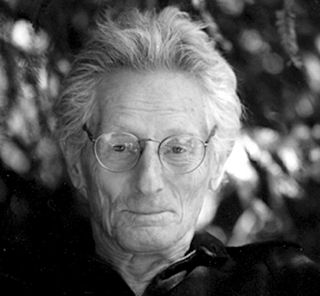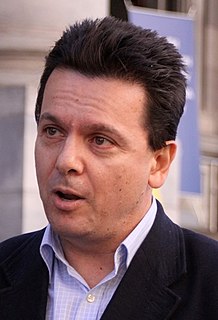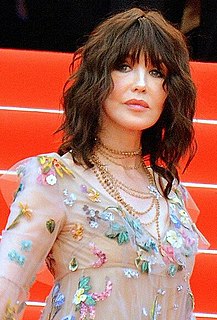A Quote by Mark Strand
I believe that all poetry is formal in that it exists within limits, limits that are either inherited by tradition or limits that language itself imposes.
Related Quotes
In the province of the mind what one believes to be true, either is true or becomes true within certain limits. These limits are to be found experimentally and experientially. When so found these limits turn out to be further beliefs to be transcended. In the province of the mind there are no limits.
Man feels the urge to run up against the limits of language. Think for example of the astonishment that anything at all exists. This astonishment cannot be expressed in the form of a question, and there is also no answer whatsoever. Anything we might say is a priori bound to be nonsense. Nevertheless we do run up against the limits of language. Kierkegaard too saw that there is this running up against something, and he referred to it in a fairly similar way (as running up against paradox). This running up against the limits of language is ethics.
I say: liberate yourself as far as you can, and you have done your part; for it is not given to every one to break through all limits, or, more expressively, not to everyone is that a limit which is a limit for the rest. Consequently, do not tire yourself with toiling at the limits of others; enough if you tear down yours. He who overturns one of his limits may have shown others the way and the means; the overturning of their limits remains their affair.
Walkers are 'practitioners of the city,' for the city is made to be walked. A city is a language, a repository of possibilities, and walking is the act of speaking that language, of selecting from those possibilities. Just as language limits what can be said, architecture limits where one can walk, but the walker invents other ways to go.





































